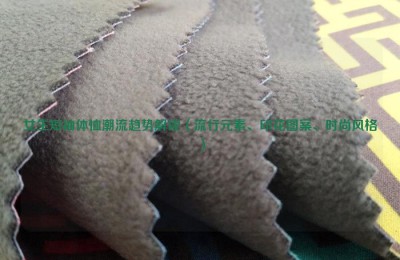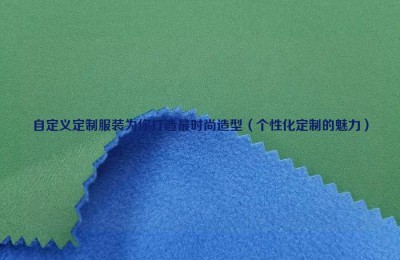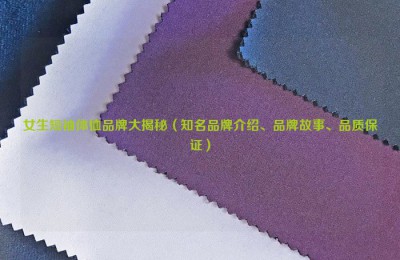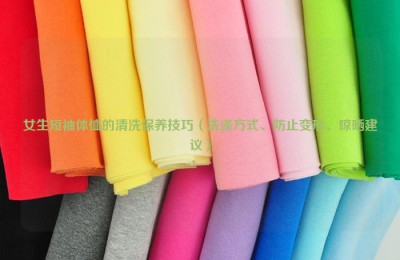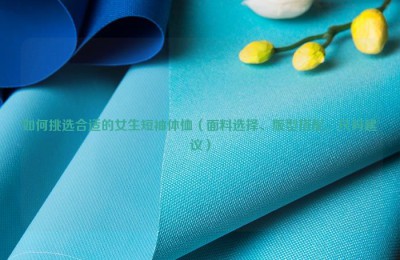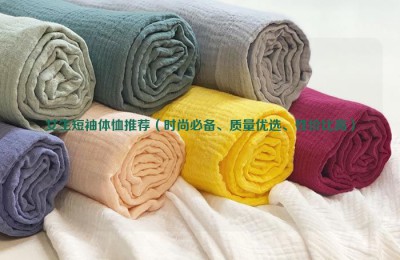Functional fabric refers to changing the properties of the fabric and adding functional materials. Shige adds various preparations during the production process or post-finishing, so that the fabric itself has special functions and super functions that ordinary clothing fabrics do not have.
In addition to the basic functions of the fabric itself, these products also have antibacterial, anti-mite, anti-mildew, anti-virus, anti-mosquito, flame-retardant, anti-wrinkle and non-ironing, water- and oil-repellent, anti-ultraviolet, and moisture-absorbing properties. One or more of a series of effects such as drying, memory, fluorescent, perspiration, antistatic, anti-wrinkle, far-infrared treatment, magnetic therapy, negative ion health care, etc.
1. Soft fabrics
Soft fabrics are usually lighter, have good drape, smooth appearance lines, and natural stretch of clothing outline. Soft fabrics mainly include knitted fabrics and silk fabrics with dispersed fabric structures, as well as soft and thin linen fabrics. Soft knitted fabrics often use linear and concise shapes in clothing design to reflect the beautiful curves of the human body; silk, linen and other fabrics often have loose and pleated shapes to reflect the fluidity of the fabric lines.
2. Crisp fabric
Crisp fabric has clear lines and volume, which can form a full clothing outline. Commonly used are cotton, polyester-cotton, corduroy, linen and various medium-thick wool and chemical fiber fabrics. This type of fabric can be used in the design of clothing that highlights the accuracy of the appearance, such as the design of suits and suits.
3. Glossy fabric
Glossy fabric has a smooth surface and can reflect light, giving it a shiny feel. This type of fabric includes fabrics with a satin weave structure. It is most commonly used in evening gowns or stage costumes, producing a gorgeous and dazzling strong visual effect. Glossy fabrics have a wide degree of freedom in appearance in dress performances, and can have simple designs or more exaggerated shapes.
4. Thick and heavy-duty fabrics
Thick and heavy-duty fabrics are solid and durable, and can produce a stable appearance effect, including all kinds of thick woolen and quilted fabrics. The fabric has a sense of body expansion and should not be pleated and piled too much. A-type and H-type shapes are the most appropriate in design.
5. Transparent fabric
Transparent fabric is light and transparent in texture, with an elegant and mysterious artistic effect. Including cotton, silk, chemical fiber fabrics, etc., such as georgette, satin silk, chemical fiber lace, etc. In order to express the transparency of the fabric, H-shaped and truncated cone-shaped designs with natural and full lines are commonly used.
AAAfefgehfjgffjhggjgjyuy

